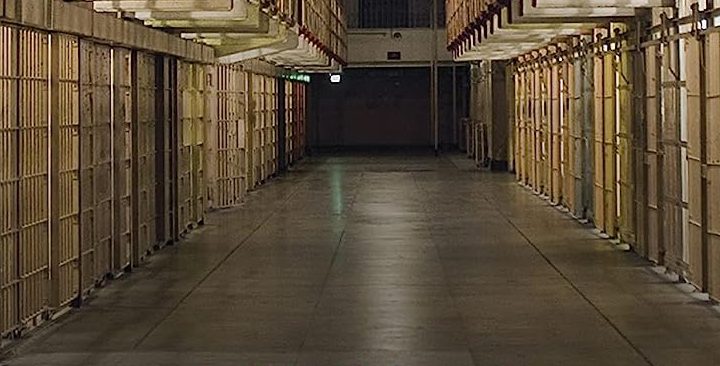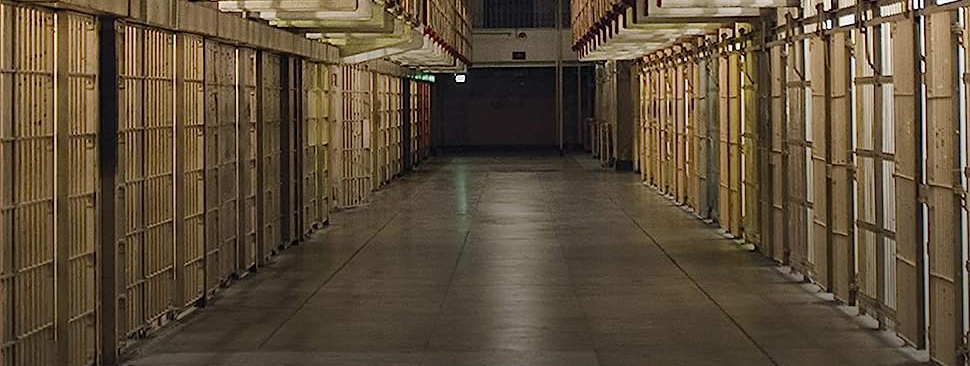President Joe Biden must make many decisions as he prepares to leave office in January. Among them is one that, while weighty, is straightforward and entirely within his power to make.
The president can — and must — commute all federal death sentences for the 40 human beings on federal Death Row. Doing so will recognize the death penalty’s complex history and the discomfort many Americans feel toward capital punishment, while providing time to address serious and compelling questions of fairness in the criminal justice system.
It is so clearly the right thing to do.
For many years, I have worked to engage Latino Christians in the pursuit of justice, including efforts to end the death penalty in Florida and other states. As followers of Christ, we are called to seek justice and redemption for all. The death penalty hinders this mission and cannot be reconciled with our belief that all human beings are made in God’s image. As Latinos, we know justice is not always even-handed. The death penalty is perhaps the most extreme manifestation of an unfair system riddled with bias, error and racism.
“The death penalty is perhaps the most extreme manifestation of an unfair system riddled with bias, error and racism.”
That is just as true in the federal system as it is in state death penalty systems. The federal death penalty carries the same legacy of racial bias — more than half the men on federal Death Row are people of color, including several who are Latino. Disturbingly, there are Black and Latino men on federal Death Row who were convicted by all-white juries.
Last year, I joined more than a dozen Latino evangelical bishops, pastors and other church leaders on a visit to Florida’s Death Row. There we gave witness to the embodiment of Christ’s call for mercy and compassion. The men we sat with all were broken — by traumatic childhoods, substance abuse, poverty, untreated mental illness, racism and, yes, their own choices. Yet their humanity was undeniable. As we left, we couldn’t help but wonder what might have been if someone had intervened to protect them or offered comfort when they needed it most.
The federal death penalty targets the most vulnerable among us, instead of protecting them — those whom Jesus called “the least of these.” Those who are sentenced to death are almost always poor; most have untreated mental illness; and nearly all experienced severe trauma as children. Some on federal Death Row even have intellectual disabilities. Almost one in four was incredibly young — just 21 or younger — when the crime that landed them on Death Row occurred. And yet despite their circumstances, these men have grown and changed during their years in prison. The door to redemption and healing is still open to them.
“The door to redemption and healing is still open to them.”
Moreover, as long as there are people on federal Death Row, we face the very real risk of executing an innocent person. Human beings are fallible, and there is no room for error in matters of life and death — yet we know mistakes happen. In the past 50 years, there have been 200 Death Row exonerations in the U.S. Even more troubling, in September of this year, Missouri executed a man named Marcellus “Khaliifah” Williams despite concerns about his innocence so strong that even the county prosecutor sought to vacate his conviction.
When he expressed firm opposition to the death penalty in 2020, President Biden became the first U.S. president ever to do so. The significance of that grace-filled decision has led naturally to this moment. Exercising his constitutional authority to commute all federal death sentences will mark a life-affirming, human rights milestone in his legacy of justice and compassion.
I pray for President Biden to honor the gifts of grace and forgiveness that Jesus, through his suffering and death, offered to all of us, even those who have committed great harm. Remember the words of Deuteronomy 30:19 — “Oh, that you would choose life, so that you and your descendants might live!”
Agustin Quiles serves as president and founder of Mission Talk, an organization working to educate and engage Latino evangelicals on justice issues, and is a board member of FRACEEV, a Florida fellowship of Hispanic councils and evangelical institutions that represent 2,500 churches in the state of Florida.
Related articles:
Multiple groups urge Biden to commute death sentences of all 40 inmates on federal Death Row
Younger adults driving decreased support for death penalty
Abolitionist cites reasons to campaign against death penalty
Evangelicals could kill capital punishment system if they would, speakers declare



